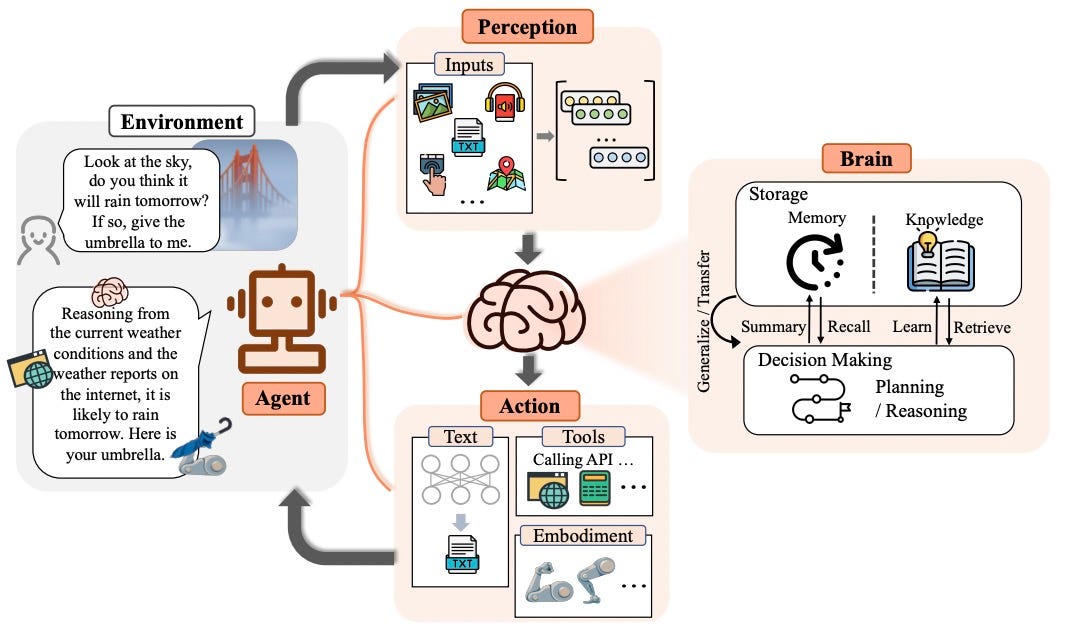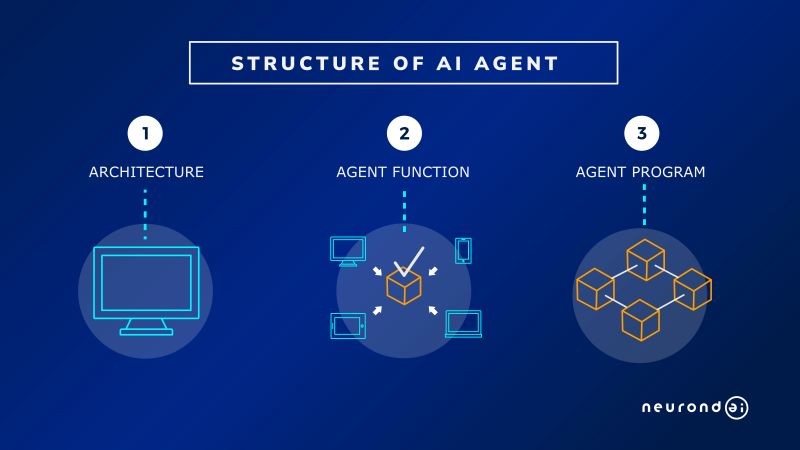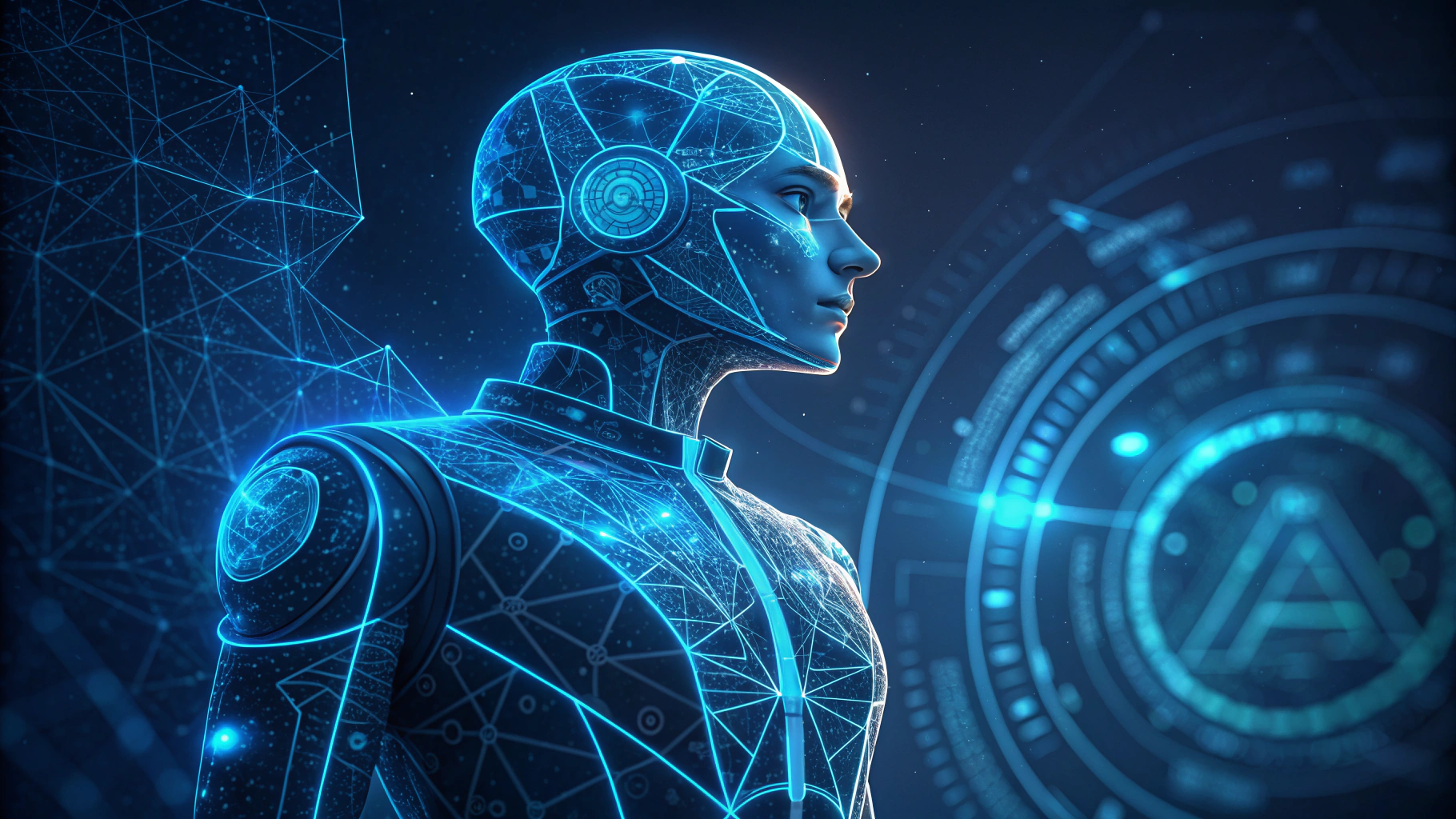AI Agents: Revolutionizing the Future of Intelligent Automation

AI Agents: Revolutionizing the Future of Intelligent Automation
In the rapidly evolving digital landscape, the concept of an agent has emerged as a transformative force. AI agents empower industries by automating tasks, enhancing decision-making, and optimizing efficiencies. This blog post dives deep into how these intelligent entities are redefining the future of technology.
Understanding AI Agents
AI agents are sophisticated software programs that leverage machine learning and data analytics to perform tasks autonomously. They interpret data, make informed decisions, and streamline operational processes across sectors like customer support, healthcare, finance, and marketing.
Key Applications of AI Agents
- Customer Support: Delivering real-time assistance and personalized customer experiences.
- Healthcare: Assisting in diagnostics, managing patient data, and recommending treatments.
- Finance: Automating trading, managing risks, and detecting fraud to secure financial operations.
- Marketing: Analyzing consumer behavior to tailor strategies that drive engagement and growth.
In-Content Images and Their Descriptions



Benefits of AI Agents
AI agents bring innumerable advantages including increased efficiency, enhanced accuracy, scalability, and cost-effectiveness. They free up human resources by automating repetitive tasks, enabling professionals to focus on strategic decisions.
Challenges and Future Outlook
As with any transformative technology, AI agents pose challenges related to data privacy, potential biases in decision-making, and ethical considerations. Nonetheless, the future of agents looks promising with ongoing advancements in natural language processing, real-time analytics, and integration across various domains.
Conclusion
AI agents are revolutionizing the way we interact with technology. By embracing these intelligent systems, businesses can enhance productivity, optimize operations, and pave the way for a smarter, more efficient future. The journey of AI agents is just beginning, and their continued evolution promises to reshape industries worldwide.


